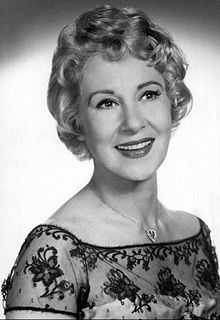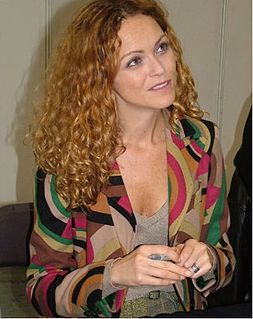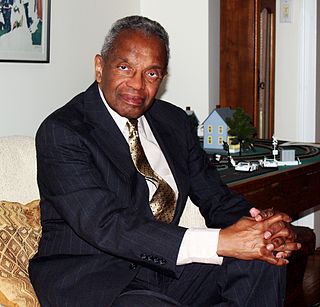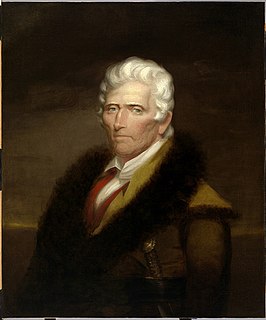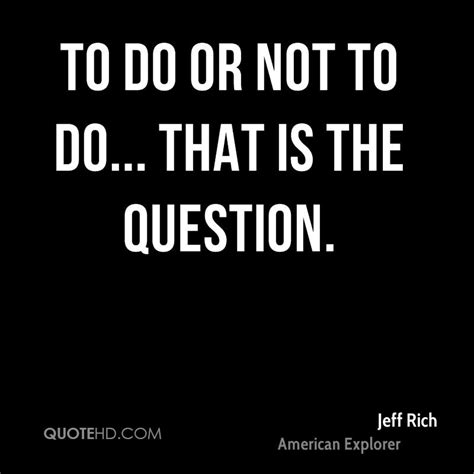A Quote by James Cook
Advice from others is always filtered through self interest.
Related Quotes
There is no self-interest completely unrelated to others' interests. Due to the fundamental interconnectedness which lies at the heart of reality, your interest is also my interest. From this it becomes clear that "my" interest and "your" interest are intimately connected. In a deep sense, they converge.
We are driven by self-interest, it’s necessary to survive. But we need wise self-interest that is generous and co-operative, taking others’ interests into account. Co-operation comes from friendship, friendship comes from trust, and trust comes from kind-heartedness. Once you have a genuine sense of concern for others, there’s no room for cheating, bullying or exploitation.
It’s in our interest to take care of others. Self-centrednes s is opposed to basic human nature. In our own interest as human beings we need to pay attention to our inner values. Sometimes people think compassion is only of help to others, while we get no benefit. This is a mistake. When you concern yourself with others, you naturally develop a sense of self-confidence . To help others takes courage and inner strength.
You are playing a character obviously, and everything you are saying is filtered through that person. It is not you that is saying it. It is filtered through a character that doesn’t have your own set of values - so it is not really odd. Inevitably we help each other with a lot of line-learning. Plus there is a familiarity which is quite nice. We have done TV together before.
Selfish is an exploitation of others for self; selfless is an exploitation of self for others. Both are extrinsic. ..... Selfness. When selfness prevails, the qualities of others are sometimes used for self and the qualities of self are often extended to others. The basic and key difference is that exploitation is never the object of the outcome.
Individuals understood in relational terms cannot be conceived as fully separate from their communities. Others in one's community may already be a part of the self. This conception of the person as overlapping in identity with others has normative implications for what constitutes the good of the individual and how that good relates to the good of others. One's relationship with others can form a part of one's good as an individual, such that one can have a compelling interest in the welfare of these others and in one's relationship with them.



